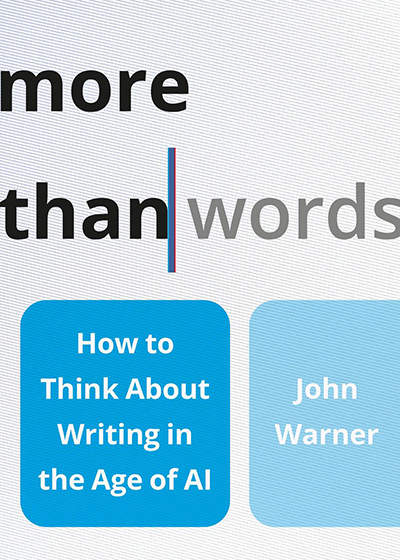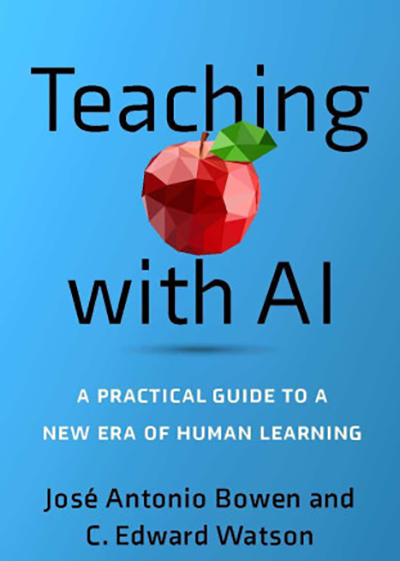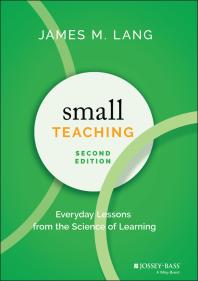Learning Habits
When we’re planning our courses, it’s easy to get so caught up in the material we intend to teach that we overlook the habits we want students to develop. We may want them to practice new ways of approaching problems, new habits of mind, new study habits, new ways of reading, new metacognitive habits, new time management habits. All of these habits may make students more successful learners and contribute to developing new disciplinary ways of thinking.
The cool thing about habits is that once they’re firmly in place we can act on them automatically–they reduce the energy and attention we need to make decisions. If I always prepare my breakfast the same way, I don’t have to be coherent until after I finish my coffee. If I always teach in the same classroom, my feet will take me there on their own. But it takes time, repetition, and motivation to build habits, and it can be challenging to uproot old (sometimes unproductive) ones.
Since habits take consistent practice to build, just suggesting good strategies isn’t enough. When we design our courses, we can intentionally assign certain tasks on a regular basis, helping students form good learning habits. One colleague helps students develop habits starting on the first day of class. In that first session, she has students get out their calendars (whether digital or paper) and book the time they’ll need for reading and other preparation; reflection and synthesis; and other assignments like homework and self-quizzing. This activity accomplishes many goals: It’s the first step in building a habit of using a calendar. It facilitates good study habits by breaking down study into specific component tasks, and lets students know how much time they’ll need to commit each week. It asks them to commit to doing these tasks at specific times. Since she will provide reflection questions, it stokes metacognitive habits and self-assessment strategies that will help her students learn effectively.
Another colleague who wants students to gain a habit of reading critically uses prompts to structure students’ weekly responses to the reading assignments. Because they must respond to the same set of questions every week, students grow accustomed to approaching reading new texts from this perspective. You could assign similar questions tailored to the kind of thinking you want students to practice. Here’s what she asks:
- What is/are the claim(s)?
- What kind(s) of evidence does this argument/essay use as support?
- What did you find convincing or compelling?
- Do you see any weaknesses in the argument? Explain.
- What question(s) did the reading provoke for you?
- What connection(s) did you draw?
Whether we’re working on helping students form new habits, or we’re trying to improve our own, we can explore various approaches, including habit stacking, shaping, or swapping. In short, habit stacking is when you attach a habit you want to develop onto a habit you already have; habit shaping is when you gradually modify your habits until you reach your goal; and habit swapping is when you substitute one aspect of a habit for another. Of course, we should also be aware of the complexity of trying to change long-term behavior, so that we have reasonable expectations. After all, if it were easy to change our habits, we might have already done it.
If you’d like to think through the habits of mind you hope to instill in your students through your course design and assignments, we’d be happy to help! You can email us to set up a consultation at pro-teaching@fsu.edu. If it isn’t already, we hope you’ll make contacting us for teaching support a new habit!
UPCOMING EVENTS
Provost’s Showcase of Scholarly Teaching
Friday, April 4th | 1:00 – 5:00 p.m. | TBD | More details on our website
We’re delighted to announce that CAT and FSU Libraries will host the second annual Provost’s Showcase of Scholarly Teaching on April 4th, 2025. This event is an opportunity for you to share your teaching expertise and innovations with the larger campus community. Even if you’ve never thought about presenting at a pedagogical conference before, you likely have strategies and insights that could be of benefit to colleagues. We invite you to apply to host a roundtable discussion or present a poster.
If you would like to submit a proposal, please fill out our Application Form. The application due date is January 31, 2025. We look forward to working with you!
2025 SPRING FACULTY READING GROUPS
This semester the Center for the Advancement of Teaching is offering the following faculty reading groups. Each group will meet once a week for three weeks to discuss the books in sections. We hope you can join us! Please register here.
Tuesdays: 2/4, 2/11, 2/18
1:00–2:30 p.m.
Location: TBD
Print copy, delivered through interoffice mail
Tuesdays: 2/13, 2/20, 2/27
1:00–2:30 p.m.
432 Diffenbaugh
Print copy, delivered through interoffice mail
How do I get my students’ attention? How do I help them to go deeper, to make connections, and to feel empowered by their own learning? James Lang’s book, now in its second edition, explores the science of learning and shares with us small changes we can make that will have a powerful influence on our students’ learning. Join us as we discuss a variety of practical tools and techniques that can help us answer these and other teaching questions.E-book available for free through FSU’s libraries.
Wednesdays: 2/19, 2/26, 3/5
1:30–3:00 p.m.
Dirac Library Conference Room
Print copy, delivered through interoffice mail
There has been a revolution in teaching and learning over the past generation, and we now have a whole new understanding of how the brain works and how students learn. In The Missing Course, David Gooblar offers a practical guide to teaching and learning packed with research-based insights to help students learn in any discipline. From active-learning strategies to course design to getting students talking, in this group, participants will find ideas and tips they can use in their classrooms right away.E-book available for free through FSU’s libraries.

Fridays: 2/21, 2/28, 3/7
2:00–3:30 p.m.
432 Diffenbaugh
Print copy, delivered through interoffice mail






